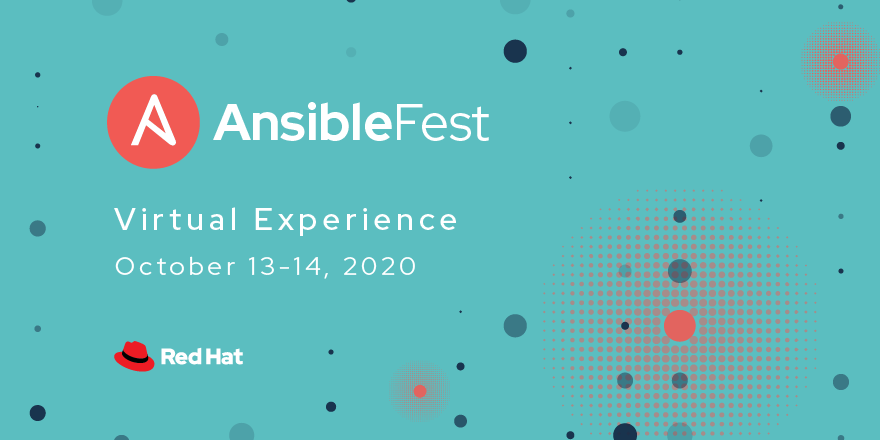 AI
AI
 AI
AI
 AI
AI
Automation used to be the bogeyman of business. Employees were concerned that robots were going to steal their jobs and cause human obsolescence, even as information technology decision drivers recognized the importance of automation for the future of work. Then came 2020, and automation became essential as businesses were forced to adapt to a more agile way of working.
“Automation scares people; but since COVID, things have really changed,” said Dave Vellante, co-host of theCUBE, SiliconANGLE’s live stream studio. As a result of the pandemic, what Vellante calls “the automation mandate” has become front and center of business operations.
In an analyst’s preview of the upcoming Red Hat Inc. AnsibleFest 2020 event, on October 13-14, Vellante and co-host Stu Miniman discussed automation’s importance to business and how AnsibleFest aims to offer insights and information not only for developers, but for information technology decision-makers across the corporate spectrum. (* Disclosure below.)
Ansible is a toolkit that simplifies automating applications and IT infrastructure, addressing the elapsed time and quality challenges of deployment. Extending outside the developer toolkit, Ansible has made software a unifying factor by opening automation across the company.
“It’s not just the developers, but the business owner, the product owners all can get in that tool,” Miniman said.
This is important because just as DevOps dumped waterfall development in favor of agile continuous integration and continuous development (known as CI/CD), the style of management where objectives are assigned from the top is no longer relevant in a cloud native world.
“We’ve been talking for years about making sure that the development team, and IT in general, is aligned and driving with the business; supporting the business. And we know the top priority is being able to react fast,” Miniman stated.
AnsibleFest 2020 has been created to take advantage of the fact that it is virtual. Aimed at attendees across the business spectrum, the schedule is designed for a non-linear event experience. Short (20-minute max.) sessions are divided across six tracks, allowing deeps dives into areas of specialization with no overlap.
Tracks cover the areas of network, security, operations, automation architect and developer, with a special track split out for IT leaders that makes sure they are onboard with the DevOps-driven way of working.
“The track here for IT business leaders is to make sure that they’re in alignment, that we’re all communicating,” Miniman said. “It can’t just be a waterfall of ‘here’s our objective, and we need to build new things.’ The whole business needs to be aligned.”
Customer stories from Blue Cross Blue Shield of North Carolina, T-Mobile US Inc., CarMax Inc., PRA International Inc. and CEPSA EP SA will demonstrate not only the technical side of automation, but the positive outcomes for the business. Automation helps the employee experience, which translates to a better customer experience, according to Miniman.
“With COVID going on, it’s even more important that automation be front and center,” he concluded.
You can register for AnsibleFest on the event website, ansiblefest.com, and be sure to tune to theCUBE’s live coverage of AnsibleFest 2020, beginning on October 13. (* Disclosure: TheCUBE is a paid media partner for AnsibleFest 2020. Neither Red Hat Inc., the sponsor for theCUBE’s event coverage, nor other sponsors have editorial control over content on theCUBE or SiliconANGLE.)
Support our mission to keep content open and free by engaging with theCUBE community. Join theCUBE’s Alumni Trust Network, where technology leaders connect, share intelligence and create opportunities.
Founded by tech visionaries John Furrier and Dave Vellante, SiliconANGLE Media has built a dynamic ecosystem of industry-leading digital media brands that reach 15+ million elite tech professionals. Our new proprietary theCUBE AI Video Cloud is breaking ground in audience interaction, leveraging theCUBEai.com neural network to help technology companies make data-driven decisions and stay at the forefront of industry conversations.